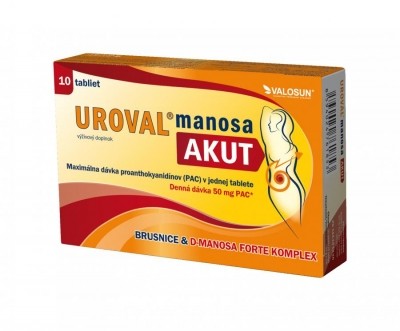See you in court? EC tells Poland it has two months to change food supplement laws

The European Commission said Poland must respect the principle of mutual recognition that obliges EU countries to allow products onto their markets if they have been approved in other member states.
“…the current rules in Poland create a barrier to the free movement of goods in the EU's internal market and so are contrary to Articles 34 and 36 of the Treaty on the Functioning of the European Union,” the EC said.
It added: “If the legislation is not brought into compliance within two months, the Commission may refer the matter to the EU Court of Justice (ECJ).”
One company that has formally complained about the situation is Czech-based supplements giant, Walmark, which said the Polish set-up was refusing its products including a ginkgo biloba supplement.
At a recent food law conference in Brussels, Walmark medical director, Martina Simova, said her firm had lodged a complaint with the EC in 2010.
The conference highlighted the fact mutual recognition problems were widespread in the EU, with Latvia, Romania, Hungary, Austria, Sweden and Denmark all shown to be struggling with the principle in one way or another.
“Today has shown that there is a need for harmonisation but it is an area that requires a lot of work at EU level,” Simova said.
“Burdensome”
In its reasoned opinion about Poland the EC said it received complaints from several sources, “about burdensome Polish explanatory proceedings for importers of food supplements originating in other member states, especially when the food supplements contain substances that can potentially be used in medicinal products.”
“The Commission considers that the Polish legislation lacks legal certainty, in particular because of the reversed burden of proof with regard to the safety assessment of the food supplements.”
“This means the cost of the safety assessment is payable by the importers, rather than being carried out and paid for by Polish authorities. It is worth noting that the food supplements at stake are presumed to be safe because they were first lawfully manufactured or marketed in other member states.”















